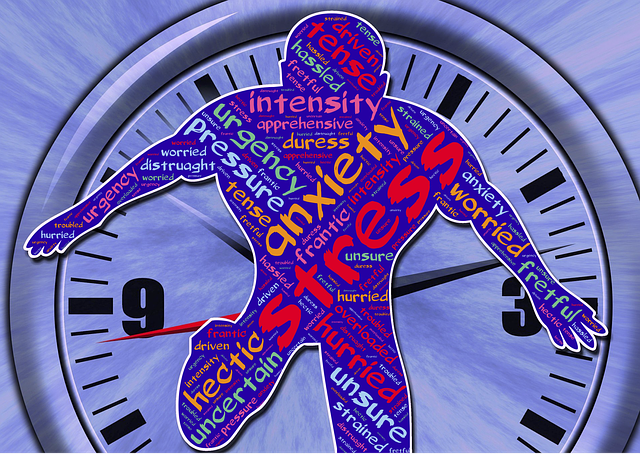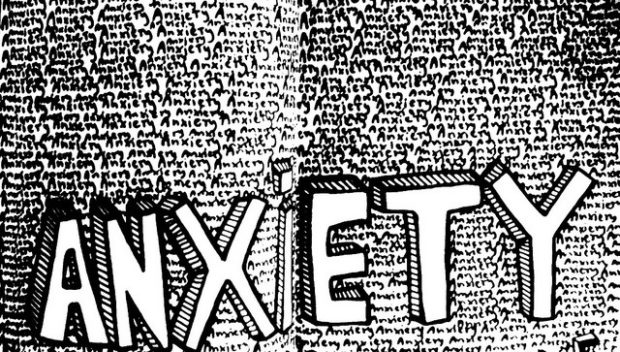Dealing with Workplace Anxiety

Stress in the workplace is extremely common, but it can have immense impacts on both your mental and physical health. Everyone faces stress at work at some stage, but if it is affecting your happiness and wellbeing, it may be time you did something about it. Not only can anxiety and stress affect your career, but they can also have a knock-on effect on your personal life and relationships. Some of the most common causes of workplace anxiety include:
- Public speaking
- Managing staff
- Unachievable workload
- Not hitting deadlines and targets
- Working long hours and overtime
- Toxic environment
- Fear of dealing with authoritative figures
- Feeling misunderstood or not having your needs met
Whatever the reason may be for having workplace anxiety, it’s important to deal with the situation to regain control. Take a look at the tips below on how to deal with stress and anxiety at work:

Set boundaries
If you believe you’re being taken advantage of and you simply haven’t managed to achieve a work-life balance with your current schedule, it’s essential to set boundaries and learn your limits. Some managers wrongly exploit their staff members but learning to say ‘no’ will give you greater control. Explain your demands and the capacity you have clearly and calmly to validate your reasoning. You’re likely to get much more respect for speaking out and standing up for yourself as opposed to always saying ‘yes’ whenever anything is asked of you.
Look for new opportunities
It may be the case that your current employment doesn’t quite meet your career goals, is meaningless and isn’t giving you job satisfaction – and that’s perfectly okay. Many people try out a new job but aren’t 100% sure it’s for them until they start. If you believe you have given it your best shot but the role is causing you more stress and grief than you can realistically deal with, then it may be time to move on. If you’re unsure which career path is suitable for you, you could consider applying for graduate roles and internships that are in line with your educational background and skillset.
Tell your employer
If personal reasons are causing you to feel anxious in the workplace, it would be well worth speaking to your employer – but this is entirely your choice as you have no obligation to do so. While you may fear their reaction or judged for speaking out, the likelihood is that they will be supportive and offer the help and support you need to get through challenges. Some suggestions may include adapting your work schedule to ease the burden or even recommending you to mental health practitioners.

Socializing
While you essentially go to work to fulfill a duty, you shouldn’t cut yourself off from colleagues as this can make you feel more isolated. While doing so may be your coping method during times of stress, opening up to your colleagues may ease the pressure, as they will be aware of your situation and are likely to make your work life easier. Develop solid relationships with colleagues and avoid those who make your work life more negative and stressful.
Some people are much more prone to workplace anxiety than others, dependent on their mental health and environment. If you are currently struggling, we hope this blog has given you some useful tips to help reduce stress while at work and make positive changes for your future.
This guest post was authored by Laura Bill
Laura is the marketing manager of graduate recruitment agency, Inspiring Interns.

